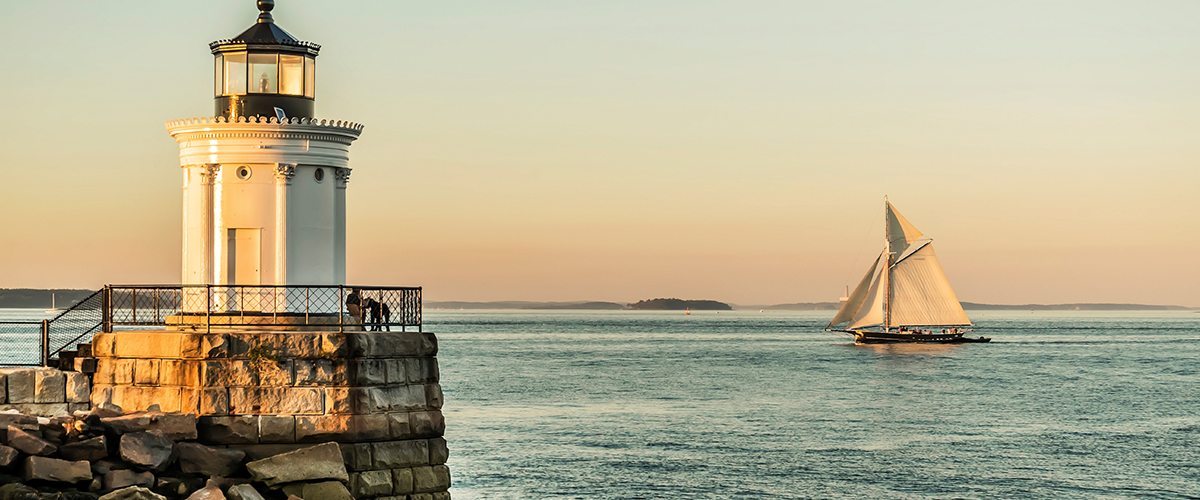[vc_row][vc_column][vc_column_text]
Possessing and cultivating marijuana will be legal in Maine for adults over 21 later this month.
After narrowly being approved by voters and surviving a recount effort, Maine’s recreational marijuana measure will officially go into effect January 30. According to the Portland Press Democrat, Gov. Paul LePage signed a proclamation verifying the results of the November ballot question on Saturday, December 31.
Under the new law, adults 21 and older will be legally allowed to possess up to 2.5 ounces of marijuana and personally cultivate up to six mature cannabis plants, 12 immature plants, and unlimited seedlings.
While adults will be able to possess and grow marijuana beginning later this month, retailers won’t be able to legally sell products until state officials establish rules and set up a regulatory program. Sales will be regulated by the Maine Department of Agriculture, Conservation and Forestry and the process is expected to take at least nine months.
Question 1 was approved with less than a 3,000-vote difference. Opponents of the measure had requested a recount after the unofficial results were so close, but ended up abandoning the effort after officials had made their way through about a third of the ballots.
Gov. LePage has always opposed the measure. Even after signing the proclamation, he said he remained skeptical of the measure and called on the Legislature to place a moratorium on the sale of marijuana until the program’s details and regulatory framework are established.
“The issue is now when it will go into effect, and I don’t know,” said Gov. LePage in an interview with WVOM radio. “That’s going to depend on the legislature because as of right now the election, according to Secretary of State, was positive for marijuana and there is nothing I can do until the legislature gives me money to set up the infrastructure.”[/vc_column_text][/vc_column][/vc_row][vc_row][vc_column][vc_single_image image=”17394″ img_size=”1200×250″ onclick=”custom_link” img_link_target=”_blank” link=”https://www.medicalmarijuanainc.com/legal-marijuana-sales-forecasts-potentially-44-billion-2020/”][/vc_column][/vc_row][vc_row][vc_column][vc_column_text]Maine’s bill places a sales tax of 10 percent on retail marijuana and retail marijuana products. The Maine Office of Fiscal and Program Review’s fiscal impact statement projects that tax revenue from recreational marijuana sales would be an estimated $2.8 million in 2017-2018 before jumping to $10.7 million in subsequent years. Nearly all of the money generated will be deposited into Maine’s general fund.
Gov. LePage has suggested that if Maine is to legalize recreational marijuana, it should do away with its medical cannabis program. The governor believes that having both programs encourages recreational users to acquire a medical card to avoid sales taxes. It’s happening now in Colorado, Gov. LePage claims.
“So now [Colorado is] collecting just a fraction of the taxes that they thought they would,” he said. “We really need to sit down and look at this, and if we are going to tax, let’s tax it, and if we are not going to tax it, let’s not even bother doing it.”
Colorado generated more than $150 million in state tax revenue on marijuana sales from January through October last year.
The chairman of the No on 1 campaign, Scott Gagnon, has recommended that marijuana be taxed at a higher rate and that a special joint committee, rather than the Department of Agriculture, Conservation and Forestry formulate the program’s rules and regulations.
The full text of Question 1 is available to read here. Maine was just one of eight states to pass marijuana measures in November. It joins seven other states – Colorado, Washington, Oregon, Alaska, California, Massachusetts and Nevada – that have so far legalized adult use marijuana.
Learn more about the cannabis laws throughout the U.S. by visiting our education page.[/vc_column_text][/vc_column][/vc_row]






